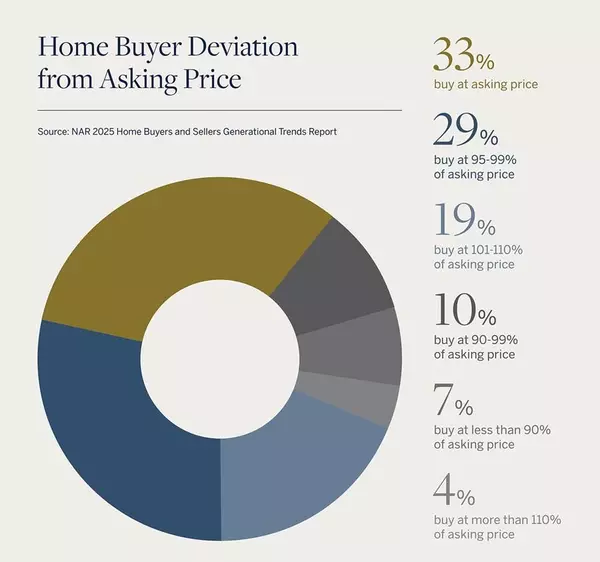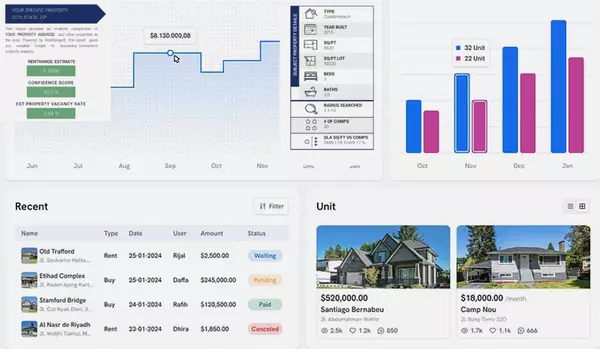Protected wetlands?

As part of a partnership that began last fall, we are proud to announce that we have taken the next step in our collaboration by unifying our identities under the Monument Sotheby's International Realty name. This change allows us to provide an elevated client experience to our buyers and sellers on either side of the Bay Bridge. We now have 12 offices and over 300 sales associates serving the Mid-Atlantic region. Our listings will still carry that beautiful blue sign and clients will receive all the benefits of the Sotheby’s International Realty brand, the global leader in luxury real estate and most recognized real estate brand in the world, now backed by the enhanced marketing support of our larger organization.
I’d like to bring your attention this month to a May 2023 ruling by the Supreme Court of the United States (SCOTUS) that could affect you and your property. In Sackett v. EPA, SCOTUS favored an Idaho couple who wanted to build a house on their lake-front property. The EPA objected to the Sacketts’ plans to fill a section of their property that had been qualified as wetlands.
But in its recent ruling, SCOTUS greatly narrowed the definition of what constitutes protected wetlands. Previously, properties that contained a “significant nexus” to larger bodies of water, such as rivers or oceans, were protected under the EPA’s Clean Water Act. The nexus — or connection — did not have to be “continuous,” just “significant.” Critics of the act had long opposed the vagaries of its wording and conflicting interpretations in courtrooms, but EPA officials and other groups had maintained that waterways are connected in ways that are not always visible.
The new ruling requires that to receive protection, a wetland must have a “continuous surface connection” with larger “commercially navigable” bodies of water. By this reclassification, wetlands without a continuous connection to these larger traversable waters are no longer under EPA jurisdiction.
EPA officials, nonprofits, and private watchdogs are understandably concerned. They estimate that the latest judgment puts hundreds of thousands of acres of wetlands at risk of water pollution by developers or individuals who are no longer obligated to comply with EPA water pollution standards.
Conversely, private wetland owners see the court’s decision as a win. Now, they have much greater discretion over how to use their property.
Still, the ramifications of finding in favor of the Sacketts will be felt differently across the country. For instance, Delaware has more vested interest in this ruling than most states do. While wetlands cover 5.5% of the 48 contiguous states, almost 25% of the land in Delaware is wetlands. Additionally, 80% of Delaware’s wetlands are owned privately.
If you’re considering developing part of your property that may be in question, or are evaluating the potential of a future investment, I’m here to help work through the decision and ramifications. -Henry
Categories
Recent Posts

"I am committed to supporting clients in making informed real estate decisions, providing superior service, and generating results. Please give me a call or email if you have questions; I'm here to bring value, insight, and efficiency to your real estate objectives." -Henry Jaffe










